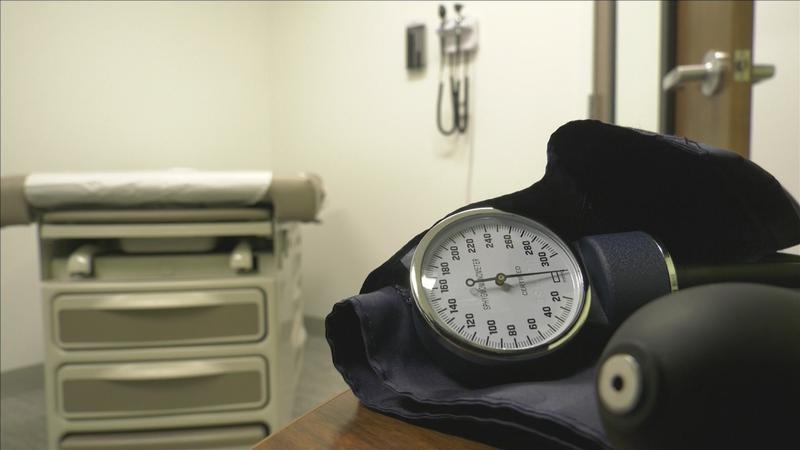Local doctors emphasize importance of preventative health screenings
[anvplayer video=”5055038″ station=”998130″]
As we all know too well, the pandemic has halted a lot of things; typical gatherings with loved ones, jobs and even routine check-ups.
Health officials say scheduling those general appointments are especially important now.
According to doctors from both Essentia Health and St. Luke’s, preventative health care measures should remain a top priority in people’s lives.
"We have definitely noticed a shift in people getting their preventative health care," said Dr. Addie Vittorio, a family physician at St. Luke’s Hospital. "There has been a phenomenon of people who have deferred some screenings and then get a diagnosis of something like a cancer later on."
One of those people is a familiar name to Minnesotans. On Thursday morning, Minnesota Senator Amy Klobuchar announced her own fight with breast cancer – a fight that she is winning thanks to those regular and routine check ups.

In her case, that routine mammogram – one that she says she also put on hold due to the pandemic – discovered the cancer at stage 1A, meaning it had not spread to other parts of the body yet.
As with most diagnoses, the earlier caught the better.
"When you catch something smaller, the chance of your survival is higher and the chance that it does not spread to a lymph node is better. So, the sooner the better, the smaller the better," echoed Dr. Jill Holsinger, a diagnostic radiologist in Essentia Health’s breast center.
When it comes to who should be thinking about this, the American College of Radiology recommends women at the age of 40 and up screen annually if at an average risk level.
Overall, 1 in 8 women will get breast cancer in their lifetime – that’s a total of 12% of all women.
Additionally, breast cancer became the most common cancer globally as of 2021, making 12% of all ew cancer cases worldwide, according to the World Health Organization.
"Early screening improves your odds of beating it and it improves your odds of treatment working – not only for survival but for quicker treatment of these conditions," Dr. Vittorio said.
In short – cancer doesn’t discriminate. When it comes to scheduling preventative care, there’s no time like the present.